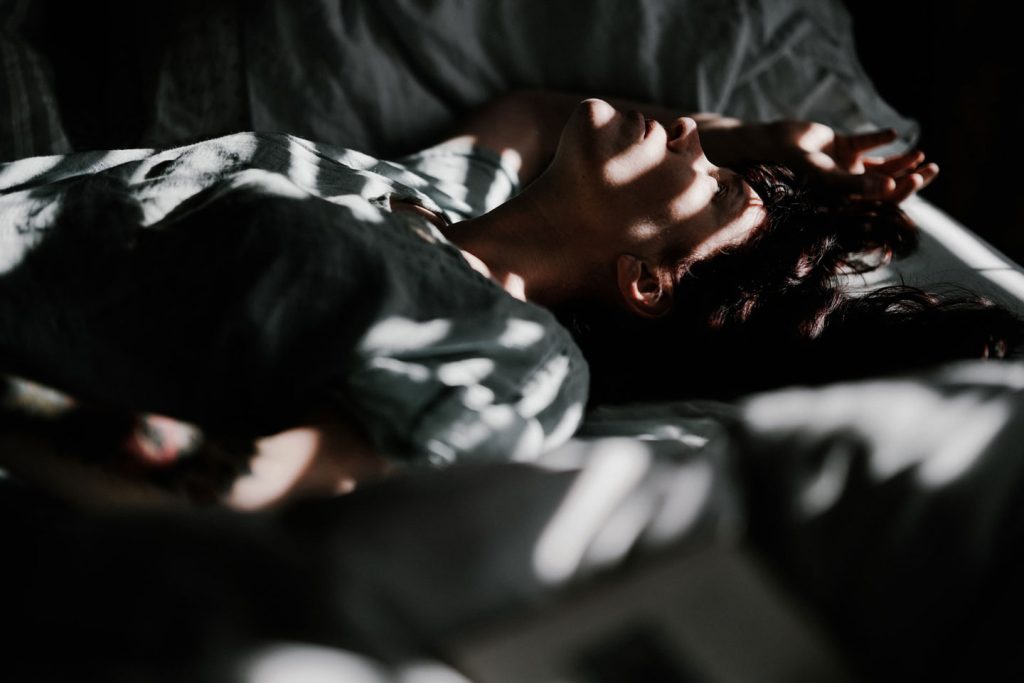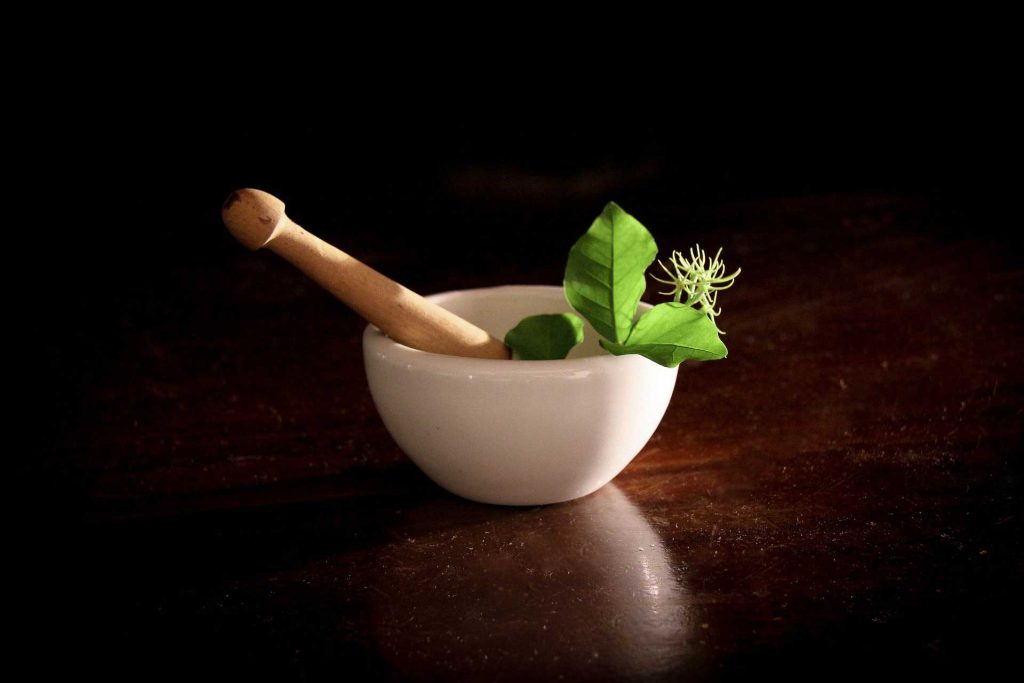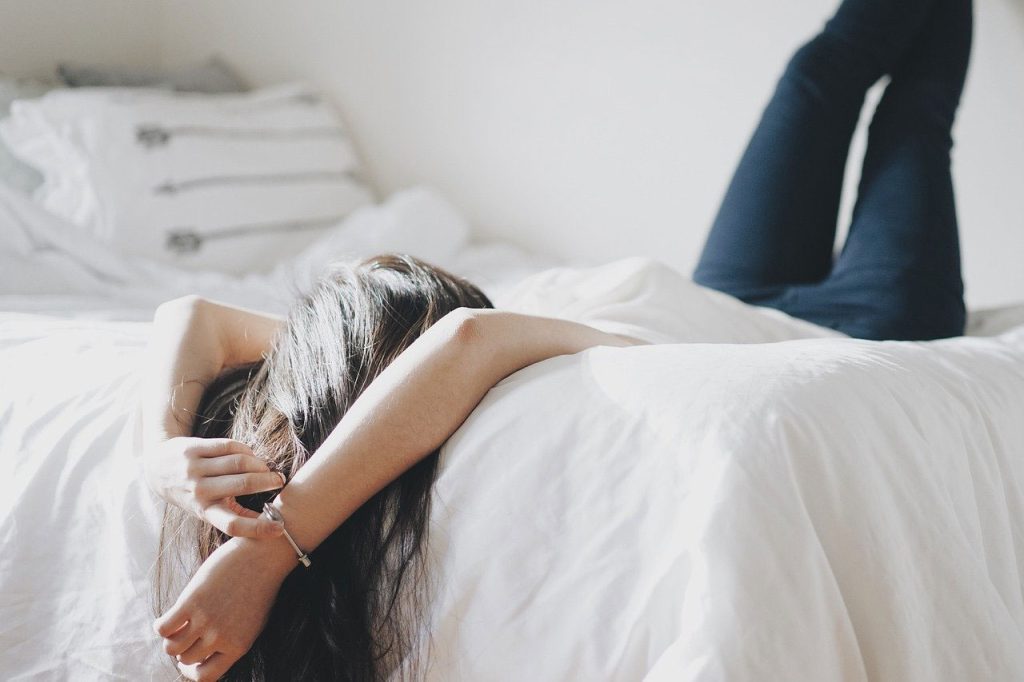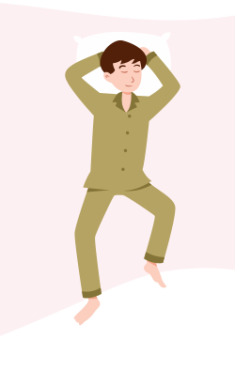We are well aware of the importance of healthy eating and exercising, but do we take getting proper rest into consideration?
Many children and adolescents don’t get enough sleep or sleep poorly, which may lead to numerous sleep disorders.
This post will provide you with some common reasons why many children and adolescents don’t sleep well. It will show the consequences of poor rest, and give simple steps to take for helping you and your family sleep better.
Here are some other articles for youth athletes that you might be interested in:
- Nutrition for high school athletes | 5 Rules for better performance
- Teaching teenager athletes to be coachable
- Strength training for youth athletes
- The best summer football soccer camps
Table of Contents
Why Is Your Child Not Sleeping Well? – Sleep disorders in Children and Teenagers
How many hours should young people sleep according to their age?
According to the American Academy of Sleep Medicine (AASM)[1], children ages 6 to 12 should be sleeping between 9 and 12 hours each night. Between the ages of 13 and 18, the ideal amount for a good night’s sleep is between 8 to 10 hours.
Sleep disorders in children and adolescents – the consequences of insomnia and poor rest.
Whether it’s because they go to bed too late, or suffer from insomnia, many adolescents do not get enough sleep.
Insomnia can manifest itself in many ways. Taking too long to fall asleep, waking up in the middle of the night and struggling to get back to sleep, and waking up earlier than necessary are few examples.
The Consequences of Sleep Deprivation
Sleep deprivation affects us all, but it is particularly detrimental to children and adolescents since they are in the prime of their mental and physical development.
Sleep deprivation has many consequences and is evident with:
- Poor performance in school
- Poor performance in sports
- Attention deficit disorder (ADD & ADHD) , reasoning, concentration, and a reduction of fine motor skills
- Increased irritability
- Anxiety and depression
- Fatigue
- Lack of motivation
- Stress
- Frequent headaches
- Gastrointestinal symptoms
What Negatively Affects Our Sleep?

Aside from pre-diagnosed medical conditions, there are many reasons or daily habits that might be affecting the quality a child’s sleep.
What is the circadian rhythm, and how does it affect our sleep?
Chronobiology is the science of circadian rhythms.
The Circadian rhythm is our internal clock, which regulates our 24-hour daily cycle through the secretion of different hormones.
This rhythm is affected by light and darkness. For example, in the morning, we wake because of a hormone called cortisol, whereas, at night, melatonin helps us fall asleep. Therefore, there is no better way to wake up in the morning than by exposing ourselves to some sunlight (even if it is cloudy). Darkness, on the other hand, is key to falling asleep.
When our circadian rhythm is off, both our health and our sleep quality are affected[2]
Habits that negatively affect our sleep :
- Consumption of alcohol, tobacco, and junk food
- Stress
- Overconsumption of stimulating drinks (tea, coffee, mate, or energy drinks like Red Bull)
- Changes in room temperature
- Lack of scheduled sleep hours
- Too much or not enough food before bed
- Blue light exposure before bed (sunlight, or artificial light from a tv, tablet, cellphone or computer)
How Can I Help My Child Sleep? Natural Remedies to Sleep Better

There are some simple recommendations to help your children sleep better.
Natural remedies to sleep better
Improve your child’s sleep quality by getting them into these simple habits:
- Reduce artificial light
- Blue light is sleep’s enemy. That is why experts recommend avoiding the use of screens (tv, cell phones, tablets, computers) two hours before bed. It has been proven that blue light may inhibit the production of melatonin (the sleep hormone).[3]
- It is highly inadvisable for children to have a tv in their room, or to be allowed their phones in bed. If the use of electronics is unavoidable, there are some apps like Twilight that filter the screen’s blue light, as well as some special glasses that block it completely.
- Room lighting can make a difference. It is better to have several sources of warm rather than cool light.
- The best thing to do is to mimic nature by exposing ourselves to more bright and blue lighting during the day, and as the sun sets, begin dimming the lights.
Go Outside!

There is nothing better for a good night’s sleep than going out for a walk after dinner or before bed. It is an ideal family activity and much healthier than sitting and watching tv. Being confined indoors with artificial lighting for most of the day has a serious impact on our internal clock. Our circadian rhythm is regulated by light; therefore, it must be able to differentiate between day and night. The best way to do so is to expose yourself to daylight or darkness—this will help regulate the sleep cycle and ensure a better night’s sleep.
When and how much you eat or drink is also important.
Overeating or eating too late can also disrupt proper rest. Our biggest calorie intake should always be during the day when our body is most active. For dinner, it is preferable to have a light meal as early as possible. Going to bed on a full stomach is never a good idea.
What you eat during the day may also have an impact on your sleep. For example, some foods are very rich in essential amino acids, like tryptophan and glycine, that help ensure a better night’s sleep.[4]
It is best to avoid consuming caffeinated drinks or energy drinks after lunch since they can all alter the sleep schedule.
Furthermore, we should also regulate our water consumption during the day. It is advisable to reduce water intake as bedtime approaches. Many people get up in the middle of the night to use the bathroom. Getting up, turning on a light, and checking their phones can make it very hard to fall back to sleep.
Temperature
In nature, the temperature is always warmer during the day. Our body naturally needs a cooler environment to fall asleep. A cool, dark room is the closest to how our ancestors used to sleep.
Now, with heating systems, we tend to make the mistake of warming up our rooms, which can be detrimental to a good night’s sleep. The ideal room temperature for sleeping is between 17° and 20° Celsius.[5]
A very useful tip to help you fall asleep is to have a hot shower before bed. This causes our body temperature to rise and will make the environment feel cooler.
Build Habits
To synchronize our inner clock, it is important to implement proper sleep habits. Going to bed and waking at set times can greatly improve a child’s sleep quality. Even on the weekend, it is important to adhere to the same sleep schedule.
Exercise Regularly
To rest properly, you need to be tired. Unfortunately, these days, most families live a sedentary lifestyle. Because of this, it is easy to forget that the ideal solution for a good night’s sleep is to spend our body’s energy, which will help us to relax and thus, sleep better. Find a physical activity that your children may like and encourage them to take it up!
Bear in mind that exercising near bedtime may interfere with sleep since it activates the nervous system to prepare for stress. Therefore we become restless, making it more difficult to relax. Instead, and as mentioned earlier, a simple walk after dinner can help.
Stress
Stress is an enemy to our health, and therefore our sleep. Daily lives can be hectic with children and adolescents spending their days doing homework, studying for exams, after-school activities, chores, and other obligations that fill them with worry. This makes it difficult for them to rest properly. This may lead to anxiety, especially when going through puberty when children are starting to take on more responsibility. If your child is having trouble sleeping, and you believe it might be stress-related, there are different things you can do to help. There are relaxation techniques that will help your child get a better night’s sleep.
Relaxation Techniques for Better Sleep

There are any number of helpful sleeping techniques, like guided meditation videos or relaxing music.
Meditation is one of the healthiest and most useful exercises to help you sleep better, but it takes practice and perseverance. Only a couple of minutes a day is enough. However, in the beginning, it is necessary to repeat the same exercises daily before noticing the benefits.
Nevertheless, if you are looking for a quicker and simpler alternative, you should try the 4-7-8 Technique. It is one of the easiest relaxation exercises one can do while in bed before sleep.
4-7-8 Sleeping Technique
The 4-7-8 Method was created by Andrew Weil, a Harvard University Ph.D. It was adopted long ago by eastern cultures as an ancestral meditation technique. It is still, to this day, the simplest, most effective way to relax and to help one fall into a deep sleep.
It involves three simple steps, to be repeated until falling asleep:
- Breathe in through the nose for 4 seconds
- Hold your breath for a count of 7 seconds
- Exhale through the mouth for 8 seconds
Pretty easy, right?
Incorporating these essential habits will surely help your children sleep better. Try them out with your family!
REFERENCES
- Sleep Deprivation and Deficiency | National Heart, Lung, and Blood Institute (NHLBI). (2019). Retrieved 18 December 2019, from https://www.nhlbi.nih.gov/health-topics/sleep-deprivation-and-deficiency
- Circadian Rhythms. (2019). Retrieved 18 December 2019, from https://www.nigms.nih.gov/education/pages/los-ritmos-circadianos.aspx
- Figueiro, M., & Rea, M. (2012). Preliminary evidence that light through the eyelids can suppress melatonin and phase shift dim light melatonin onset. BMC Research Notes, 5(1). doi: 10.1186/1756-0500-5-221
- Harada T, e. (2019). Correlation between breakfast tryptophan content and morning-evening in Japanese infants and students aged 0-15 yrs. – PubMed – NCBI . Retrieved 18 December 2019, from https://www.ncbi.nlm.nih.gov/pubmed/17435366
- Yetish, G., Kaplan, H., Gurven, M., Wood, B., Pontzer, H., & Manger, P. et al. (2015). Natural Sleep and Its Seasonal Variations in Three Pre-industrial Societies. Current Biology, 25(21), 2862-2868. doi: 10.1016/j.cub.2015.09.046

